The advantages of a bilingual education at an early age
Bilingual education has become a very popular option among parents looking to give their children a competitive advantage in a globalized multilingual world.
In addition, it is increasingly common for schools and colleges to offer bilingual programs, in which two languages are taught from an early age. In this article, we are going to explore some of the advantages of a bilingual education at an early age.
1. Increases cognitive abilities
Learning a second language from early childhood can have a huge impact on children’s cognitive ability. Studies have shown that bilingual children have greater problem-solving and creative abilities, compared to children who only speak one language. This is because bilingual children’s brains are continually working to switch between two languages, which can develop advanced cognitive skills.
2. Promotes cultural understanding
Bilingual education not only involves learning an additional language, but also provides the opportunity to learn about different cultures and ways of life. By learning about the customs, traditions, and perspectives that are shared in different cultures, children can develop intercultural skills, which allow them to interact with people from different cultural backgrounds.
3. Improve academic performance
Learning a second language not only has benefits in the cognitive and social field, but also in the academic one. Studies have shown that bilingual children have a greater ability to focus and pay attention, which helps them learn better overall. Also, bilingual children have better language skills, which helps them understand and use concepts in different situations and settings.
4. Allows for better job opportunities
In an increasingly globalized world, having a second language has become more important than ever, and companies value bilingual employees. Children who learn a second language from an early age are more likely to master the language, which will allow them to better compete in the job market in the future.
5. Improves mental flexibility
Learning a second language, particularly at an early age, can improve a child’s ability to adapt to new situations and changes. Bilingual children have to constantly switch between languages and cultures, which can help them develop critical thinking and creative problem-solving skills.
6. Increases confidence and self-esteem
Learning a second language can boost a child’s confidence and self-esteem. As children achieve small successes, such as learning new words or making themselves understood in conversation, they feel more self-confident and have the ability to form more effective interpersonal relationships.
In conclusion, there are many reasons why a bilingual education can be a great option for children, from developing advanced cognitive skills to preparing for today’s globalized and multicultural world. In addition, this education can give them an advantage in the job market and improve their self-esteem and confidence. Therefore, considering a bilingual education should be an option for parents and educators to consider.
Belén Delgado
Primary Teacher

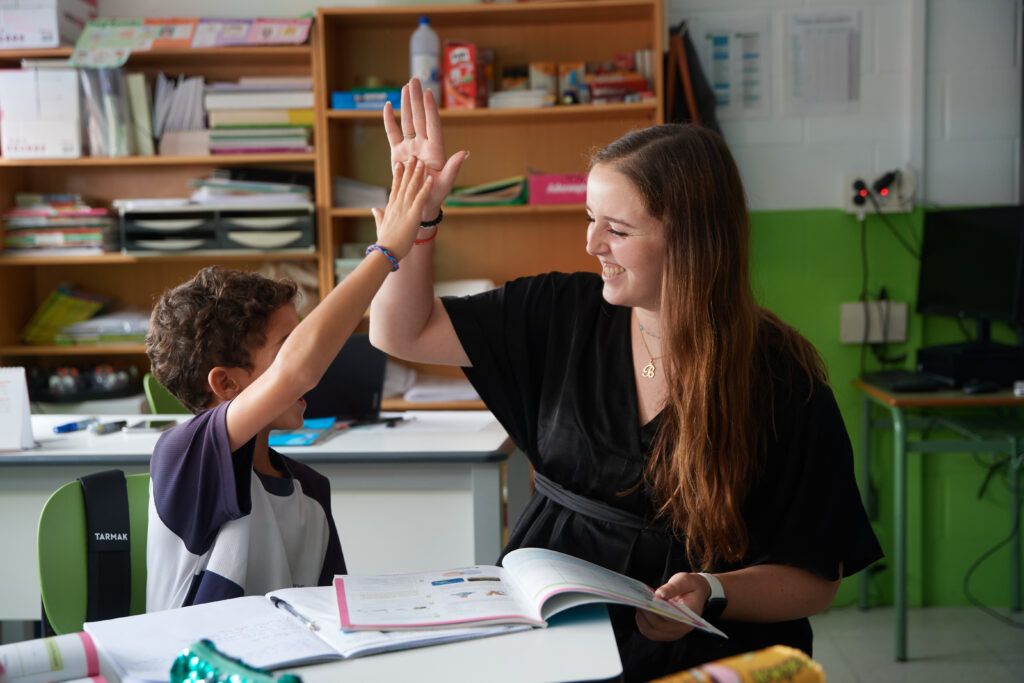

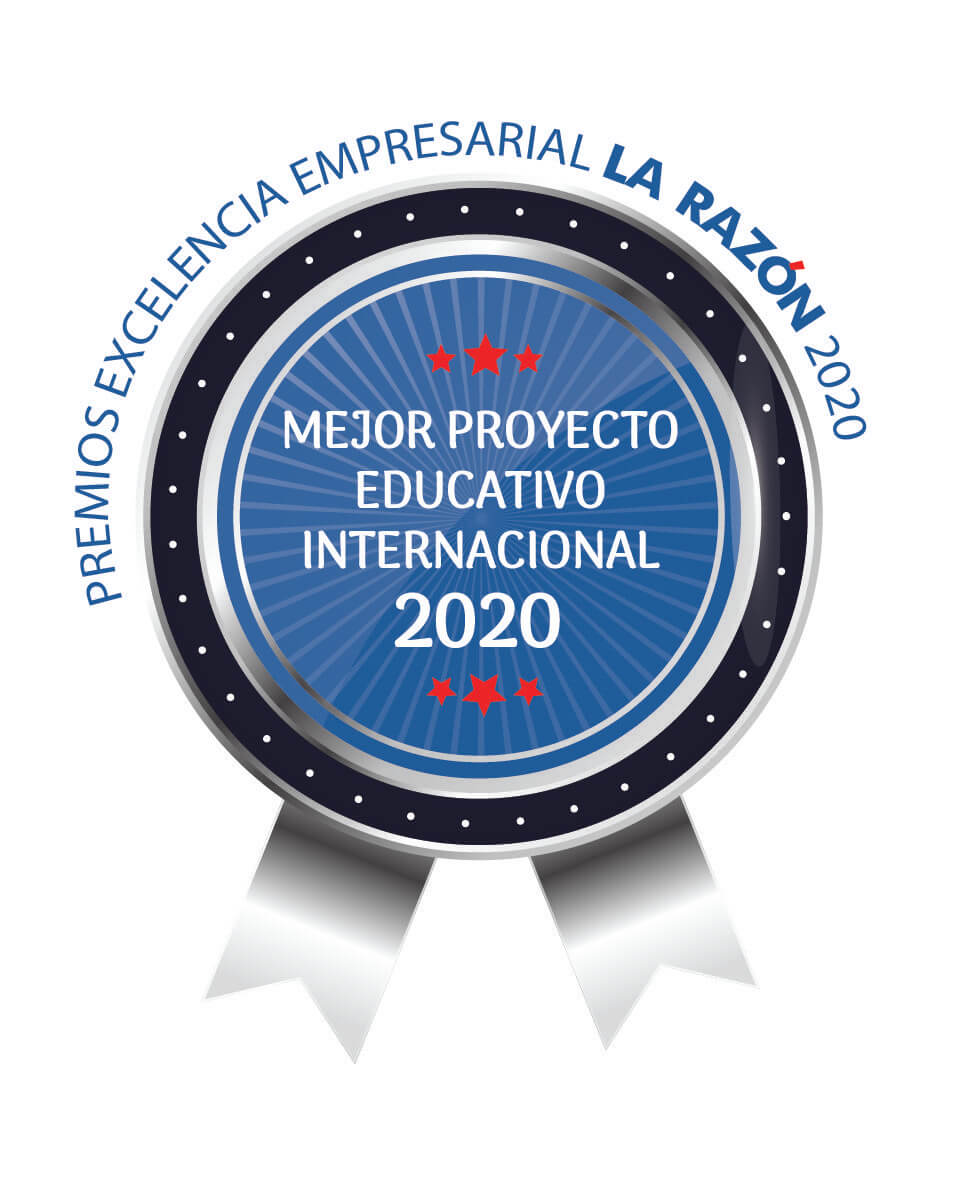



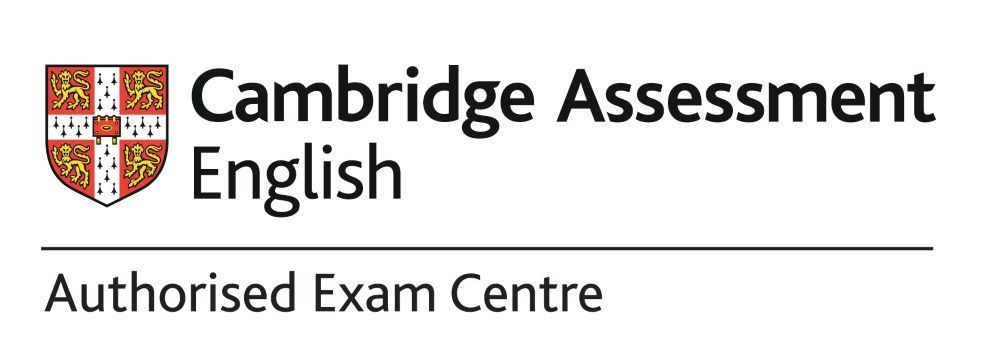
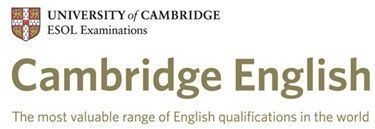



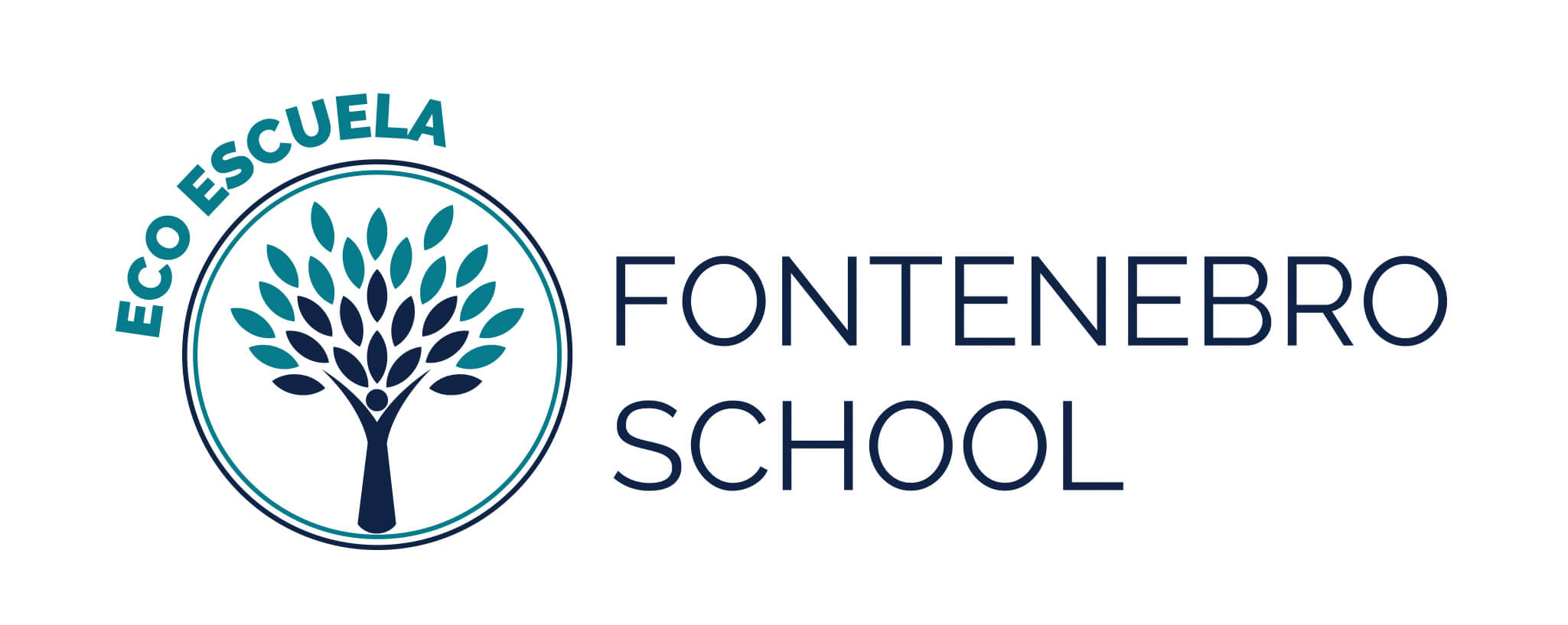
![BAPParentLogo[5]](https://fontenebroschool.com/wp-content/uploads/2020/09/BAPParentLogo5.png)


